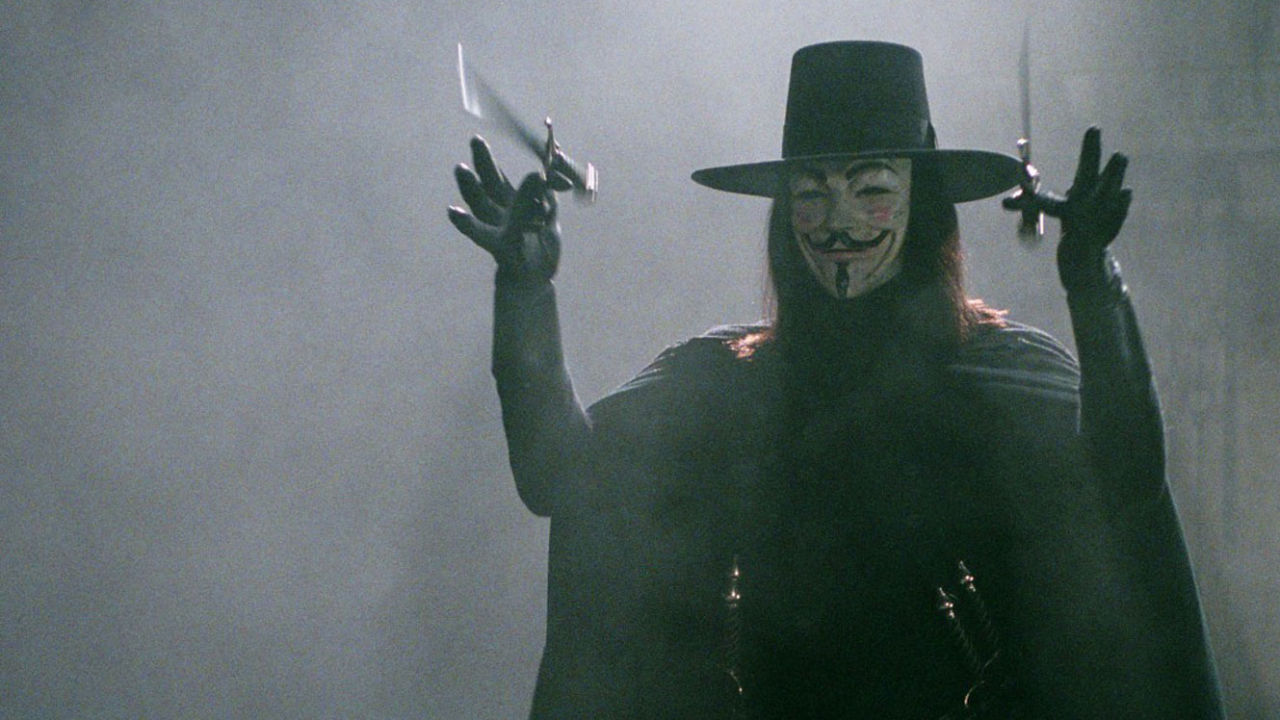
“Let’s face it—this is not the worst thing you’ve caught me doing.”
It’s hard to imagine this time, but superhero movies used to be, well, pretty terrible. DC Comics franchises had a surprise hit in 2005 with Batman Begins, but Marvel Comics franchises had been mediocre at best. We had the X-Men movies, and the Spider Man movies, and a few oddballs like 2003’s Hulk and Daredevil. Each of these had problems. Lower budgets meant special effects suffered in places where they really shouldn’t have suffered. Characters were often shallow, and the acting matched. The direction of the movies gave them this larger-than-life feeling that felt far removed from what we saw everyday. What we needed was a down-to-earth, relatable hero, played by a charming actor or actress, placed into extraordinary circumstances with a special effects budget to match. In 2008, Iron Man finally delivered.
Directed by Jon Favreau (Elf, The Jungle Book) and starring Robert Downey Jr., Gwyneth Paltrow, and Jeff Bridges, this was a surprise hit for many reasons. Of course the track record for Marvel-franchise movies was bad, but director Jon Favreau hadn’t directed anything like Iron Man before; star Robert Downey Jr. had been in and out of rehab and wasn’t known as a reliable actor; and the character of Tony Stark was very different than the heroes we had seen in film thus far: arrogant and full of vices. But Iron Man worked better than I think any of us were expecting it to, introducing viewers to the now hugely successful Marvel Cinematic Universe, which pulls in hundreds of millions of dollars every year. Comic book movies had, up until this point, been mainly for die-hard comic book fans, but this film opened up the genre to general audiences and opened the door for some of the amazing movies we’re getting today.









